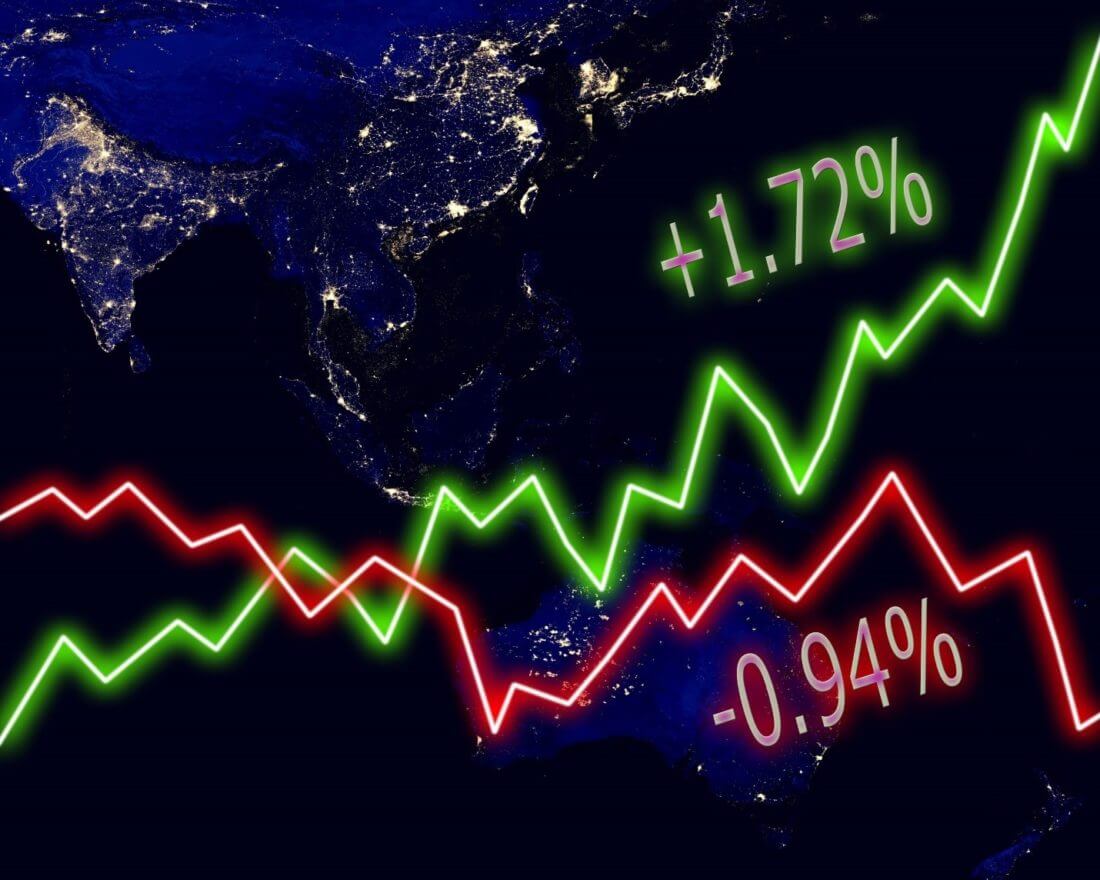Asian stocks held steady amid holiday trading, influenced by subdued US inflation data, heightening 2024 Federal Reserve (Fed) rate-cut expectations.
The latest US Personal Consumption Expenditures (PCE) Price Index reported a year-over-year (YoY) dip from 2.9% to 2.6%, prompting concerns over the rally’s sustainability spurred by lower lending rates.
Uncertainty loomed over the timing of potential rate cuts, with doubts about further US market gains as Wall Street approached record highs.
Meanwhile, trading volumes remained thin due to the Christmas holidays in significant markets, leaving Asian markets little direction.
Despite lingering doubts, most regional markets boasted substantial gains in 2023 following the Fed’s commitment to steady interest rates. However, global economic concerns and conflicting signals from Fed officials added to market ambiguity.
Meanwhile, Japan’s Nikkei 225 displayed little movement as Bank of Japan Governor Kazuo Ueda hinted at progress toward the 2% annual inflation target, raising questions about a potential policy pivot. The resilience of the Japanese economy and the BOJ’s unique stance contributed to the Nikkei 225’s impressive 27% gain in 2023, maintaining its proximity to 33-year highs.
The broader Asian markets remained subdued amid year-end holidays, with South Korea’s KOSPI and India’s Nifty 50 futures signaling limited activity.
Chinese Stocks Face Economic Uncertainty
On Tuesday, China’s Shanghai Shenzhen CSI 300 and Shanghai Composite indexes experienced declines of 0.75% and 0.78%, respectively.
Asian markets, particularly Chinese stocks, witnessed further declines, with the CSI 300 index hitting a five-year low.
Moreover, this year marked dismal performance for Chinese stocks, with the CSI300 and Shanghai Stock Exchange (SSEC) plummeting by 14% and 6%, respectively.
Despite hopes for a post-COVID recovery in China, economic rejuvenation remained elusive, compounded by Beijing’s hesitancy in implementing supportive policies. Investors grew increasingly pessimistic about local markets.
Meanwhile, attention now turns to the upcoming Chinese Purchasing Managers Index (PMI) readings, scheduled for next week, as analysts seek insights into the country’s business activity. November’s official readings indicated a contraction in manufacturing and a slowdown in non-manufacturing activity.











